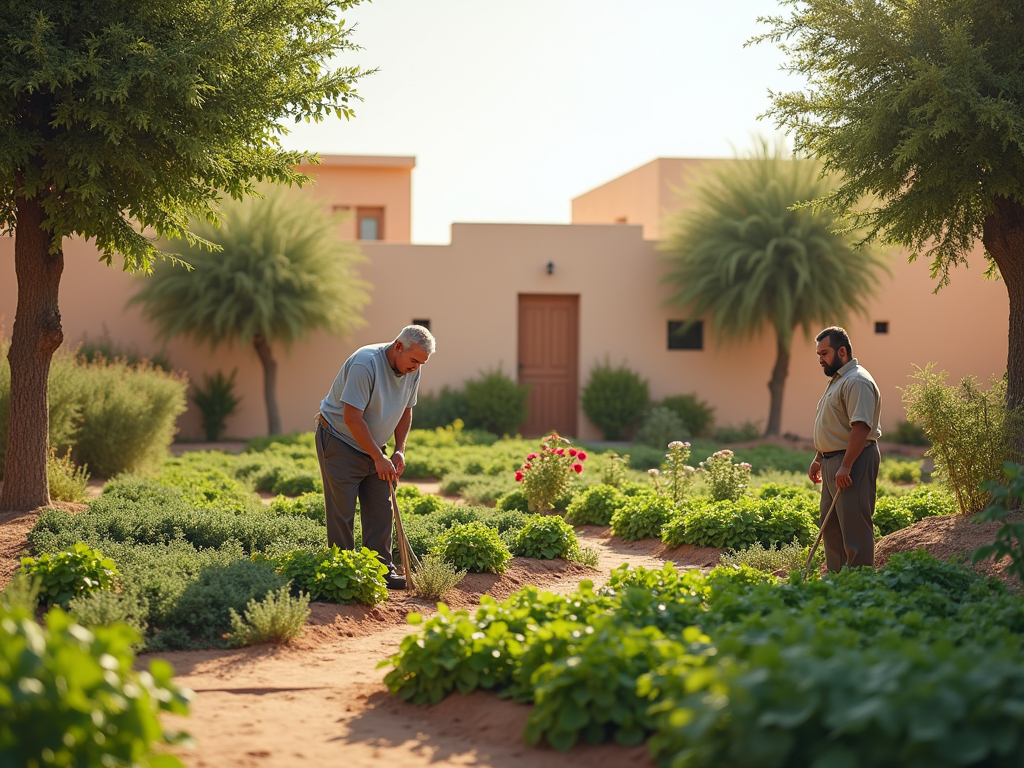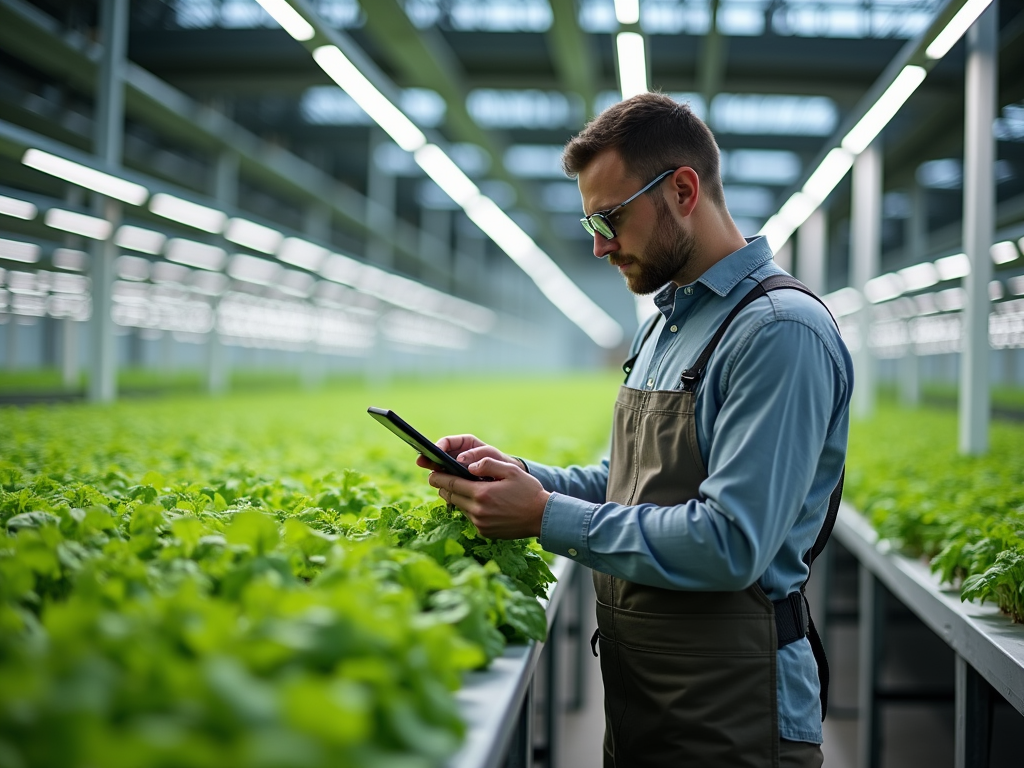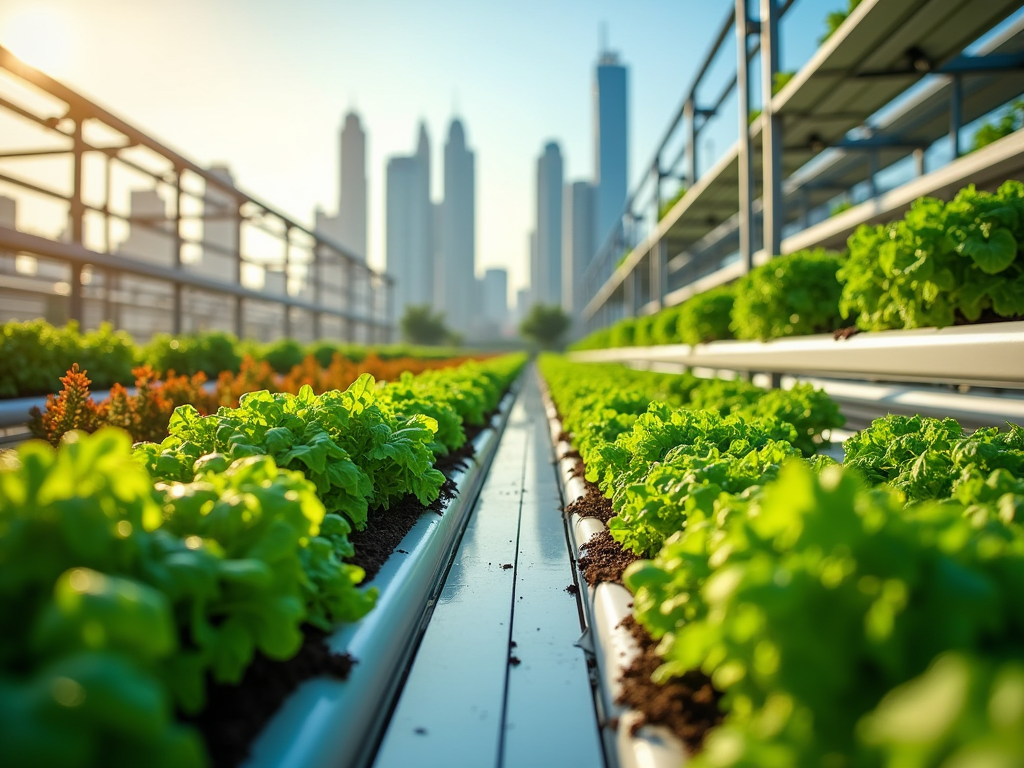Dubai’s urban farming projects have gained significant attention as investors increasingly recognize the potential for sustainable agriculture in urban settings. This shift is driven by the need for food security in a region largely dependent on imports, coupled with growing consumer demand for fresh, locally-sourced produce. The city has illustrated its commitment to these projects through various initiatives, showcasing the intersection of innovation and stewardship of natural resources. From cutting-edge vertical farms to community gardens, investors are keen to support various facets of this burgeoning sector. As urban agriculture continues to flourish, it presents an exciting landscape ripe for investment opportunities.
The Rise of Urban Farming in Dubai

Urban farming in Dubai represents a response to both environmental challenges and the increasing population. The city’s arid climate poses significant challenges, yet innovative solutions like vertical farming, hydroponics, and aquaponics have emerged. This modern approach not only addresses the food supply but also reduces the carbon footprint associated with long-distance food transport. Additionally, the UAE government promotes agricultural sustainability as part of its broader Vision 2021 initiative, encouraging investments in agro-technology. The integration of technology has also attracted diversified investments, making urban farms more efficient and profitable.
Key Investment Areas in Urban Farming

Investors eye various areas within Dubai’s urban farming scene, focusing on technically advanced methodologies and sustainable practices. Some of the most notable areas include:
- Vertical Farming: Innovative structures utilizing limited land to maximize crop yield with controlled environments.
- Hydroponics: Soilless cultivation systems that use nutrient-rich water, conserving traditional land resources.
- Aquaponics: A synergistic system combining fish cultivation and plant growing, an efficient use of resources.
- Community Gardens: Spaces allowing residents to grow their own food, fostering community health and engagement.
- Smart Farms: Utilization of IoT and AI to maximize yield and resource management, creating more efficient farming practices.
The UAE government plays a crucial role in promoting urban farming through robust policies and financial incentives. Initiatives aimed at food security, such as the UAE National Food Security Strategy, bolster investment by ensuring a more stable agricultural supply chain. Furthermore, investment in research and development opens the door for innovative practices in urban farming. The provision of grants and subsidies for eco-friendly practices encourages investors to adopt sustainable techniques. With increased focus on technological advancements, the government is actively collaborating with agricultural experts and investors to shape the future of urban farming in the emirate.
Challenges Facing Urban Farming Investments
Despite its growing potential, urban farming in Dubai faces several challenges that could impact investment viability. These challenges include:
- High Startup Costs: Advanced farming technologies can be expensive to implement, creating a barrier for new investors.
- Climate Limitations: The harsh weather conditions in the region can pose difficulties for certain crops.
- Regulatory Frameworks: Navigating through permits and agricultural regulations can be complicated for new entrants.
- Market Competition: Increasing interest in urban farming means rising competition, complicating market entry for new investors.
- Consumer Education: A lack of awareness regarding benefits may hinder widespread adoption of urban produce.
Conclusion
Investment trends in Dubai’s urban farming projects demonstrate a transformative approach to addressing food security and sustainability in urban environments. With solid government support, diverse investment opportunities, and innovative agricultural technologies, Dubai stands at the forefront of the urban agriculture movement. While challenges exist, the long-term outlook for investors remains promising, and the commitment to creating a sustainable agricultural ecosystem sets the stage for continued growth in the sector. As investment flows into urban farming initiatives escalate, stakeholders must adapt to the evolving market landscape to realize the full potential of this industry.
Frequently Asked Questions
1. What is urban farming?
Urban farming refers to the practice of cultivating, processing, and distributing food within urban areas, utilizing innovative techniques such as vertical farming, hydroponics, and community gardens.
2. Why is urban farming important in Dubai?
Urban farming is crucial for Dubai to achieve food security, especially considering its heavy reliance on food imports. It also contributes to sustainable resource management and community engagement.
3. What types of urban farming projects are attracting investments in Dubai?
Investors are particularly interested in vertical farming, hydroponics, aquaponics, community gardens, and smart farms that utilize advanced technologies for sustainable cultivation.
4. What challenges do urban farming investors face in Dubai?
Investors in urban farming may encounter high startup costs, climate limitations, regulatory hurdles, market competition, and the need for consumer education regarding health benefits.
5. How is the Dubai government supporting urban farming initiatives?
The Dubai government supports urban farming through policies aimed at food security, financial incentives, grants for eco-friendly practices, and collaborations with agricultural experts and investors.
